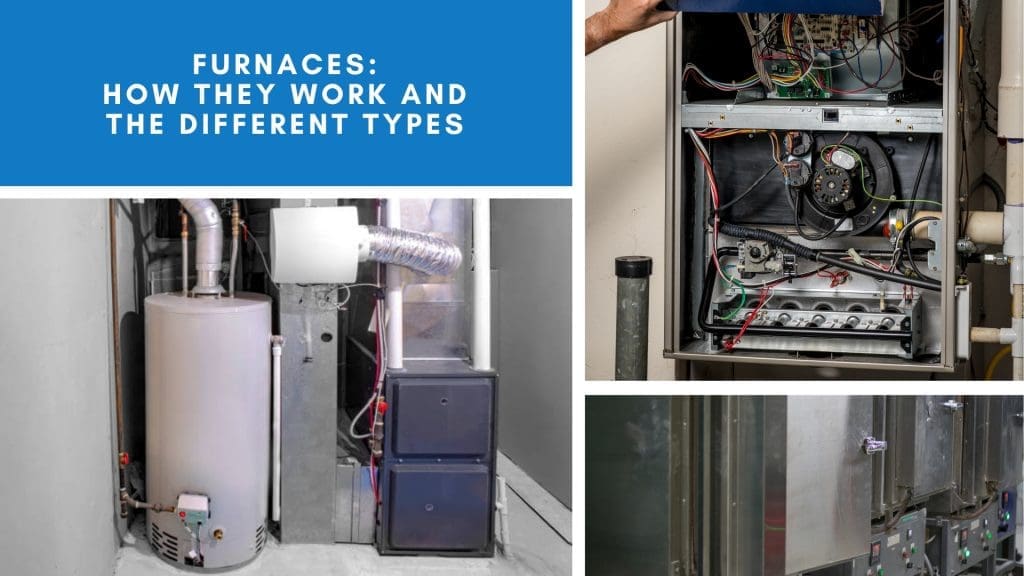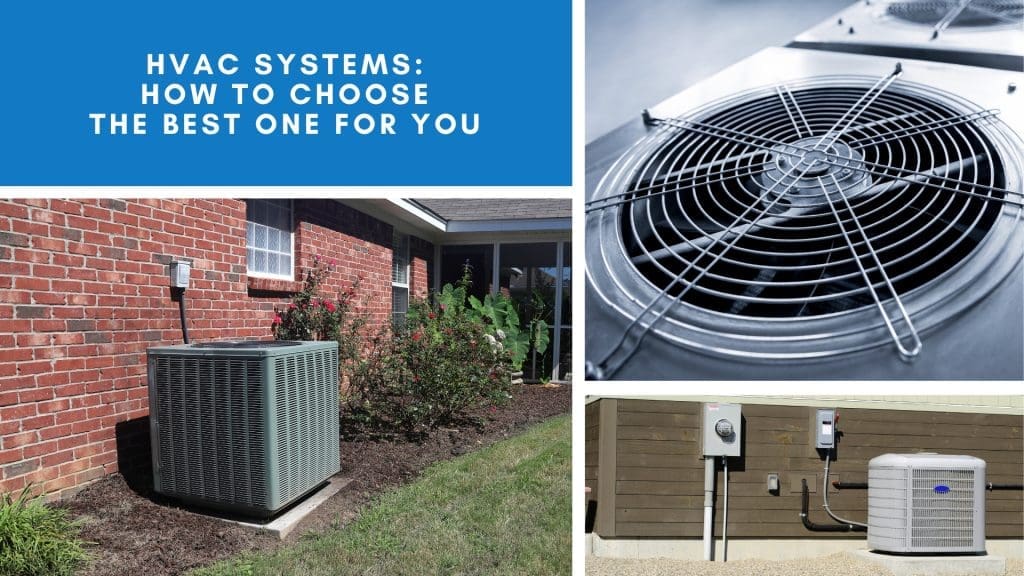An issue like a Freezing Air Conditioner might seem counterintuitive, especially during summer, when temperatures are at their peak. Yet, it’s a problem that can disrupt the comfort of your home and increase energy costs. Understanding the root causes is key to preventing this issue and ensuring your air conditioner operates efficiently. By identifying the underlying problems, you can take proactive steps to mitigate them and avoid the inconvenience of a malfunctioning system.

The reasons behind an air conditioner freezing up are often related to airflow issues or refrigerant problems. These issues can stem from a variety of sources and can compound over time if not addressed promptly. Here’s a closer look:
- Restricted Airflow: One of the most prevalent causes of a frozen air conditioner is restricted airflow. This can happen if the air filters are dirty or if there are blockages in the ductwork. When airflow is restricted, the evaporator coil can get too cold, leading to ice formation. Regularly checking and replacing air filters is a simple yet effective way to maintain proper airflow and prevent freezing.
- Low Refrigerant Levels: Another common cause is low refrigerant levels. This might occur due to leaks in the system. Low refrigerant causes the pressure to drop, making the evaporator coil colder than usual, which can result in freezing. It’s important to have a professional assess and recharge your refrigerant levels as needed to maintain optimal performance.
- Thermostat Settings: If your thermostat is set too low, the air conditioner might run continuously, causing the coil to freeze up. It’s essential to have the thermostat set to a reasonable temperature to prevent this. Consider setting your thermostat a few degrees higher during peak usage times to alleviate strain on the system.
- Mechanical Failures: Faulty fans or blower motors can also lead to freezing issues. If these components are not working correctly, the air won’t flow over the coil as it should, causing it to freeze. Routine maintenance checks can help identify mechanical issues early and prevent them from escalating into more significant problems.
Knowing the signs of a freezing air conditioner can help you address the issue before it gets worse. Early detection is crucial in preventing further damage to your system. Look out for:
- Visible Ice: Ice forming on the outside unit or visible on indoor components is a clear sign of freezing. This visible indication should prompt immediate action to prevent further complications.
- Reduced Cooling: If your air conditioner isn’t cooling as effectively, it might be due to ice blocking the airflow. A noticeable change in cooling efficiency should be investigated promptly to avoid discomfort and increased energy usage.
- Unusual Noises: Listen for unusual noises, like hissing or banging, which could indicate a problem. These sounds may point to mechanical issues or refrigerant leaks that require professional attention.
While some issues might require professional intervention, there are several steps you can take to address a freezing air conditioner. Acting quickly can often prevent minor problems from becoming major repairs. Here are some practical steps to consider:
Step-by-Step Troubleshooting Guide
- Turn Off the AC: The first step is to turn off your air conditioner to allow the ice to melt. Running it in this state can damage the compressor and other components, leading to costly repairs.
- Check the Air Filters: Examine your air filters. If they are dirty, replace them. This simple maintenance task can significantly improve airflow and prevent freezing. Clean filters not only enhance cooling efficiency but also improve indoor air quality.
- Inspect the Ductwork: Ensure there are no blockages in the ductwork. Blocked vents can restrict airflow, leading to freezing. Regular inspections can help identify and clear obstructions, ensuring optimal airflow throughout your home.
- Examine the Thermostat: Verify your thermostat settings. Ensure it’s not set too low and is functioning properly. A malfunctioning thermostat can cause your system to work harder than necessary, increasing the risk of freezing.
- Look for Refrigerant Leaks: If you suspect a refrigerant leak, it’s crucial to contact a professional. Handling refrigerant requires specialized knowledge and tools. A qualified technician can safely address leaks and restore your system’s refrigerant levels.

When to Call a Professional
While DIY fixes can address minor issues, persistent problems require professional help. If your air conditioner continues to freeze despite your efforts, contact a qualified HVAC technician. They can perform a thorough inspection, identify the root cause, and recommend a solution. Professional intervention ensures that complex issues are resolved safely and effectively, restoring your air conditioner’s efficiency.

Preventive Measures to Avoid Freezing
Preventing your air conditioner from freezing up is often easier than dealing with it once it happens. Regular maintenance and monitoring can go a long way in preserving the lifespan and efficiency of your unit. Implementing preventive measures can save you time, money, and discomfort in the long run.
Regular Maintenance
Regular HVAC maintenance is crucial. Schedule routine check-ups with a professional to ensure everything is in working order. This includes cleaning the coils, checking refrigerant levels, and inspecting all components for wear and tear. Consistent maintenance not only prevents freezing issues but also optimizes your system’s overall performance.
Proper Airflow Management
Ensure that nothing obstructs the airflow around your air conditioner. This includes keeping the area around the outside unit clear of debris and ensuring all indoor vents are unblocked. Proper airflow management reduces strain on your system and enhances its cooling capabilities.
Smart Thermostat Use
Consider upgrading to a smart thermostat, which can help manage your home’s temperature more efficiently. These devices can prevent overworking your air conditioner, thus reducing the risk of freezing. Smart thermostats offer programmable settings and remote access, allowing you to optimize energy usage and maintain comfort effortlessly.
Conclusion: Troubleshooting a Freezing Air Conditioner for Lasting Comfort
In conclusion, a freezing air conditioner can be a frustrating issue, but with the right knowledge and preventive measures, you can ensure your system runs smoothly. By understanding the causes and solutions for a freezing air conditioner, you can maintain a cool and comfortable home throughout the hot Los Angeles summer. Remember, some problems are best left to professionals, so don’t hesitate to reach out for help when needed. At LC Heating and Air Conditioning, we’re here to assist you with all your HVAC needs. Contact us today at (818) 858-7080 or visit lahvaclc.com for expert advice and service you can trust.
Let’s keep your AC running efficiently and your home as an oasis of comfort! By staying proactive and informed, you can enjoy uninterrupted comfort and peace of mind, knowing your air conditioning system is in top shape. Embrace the summer heat with confidence, knowing your home will remain a haven of coolness and relaxation.




